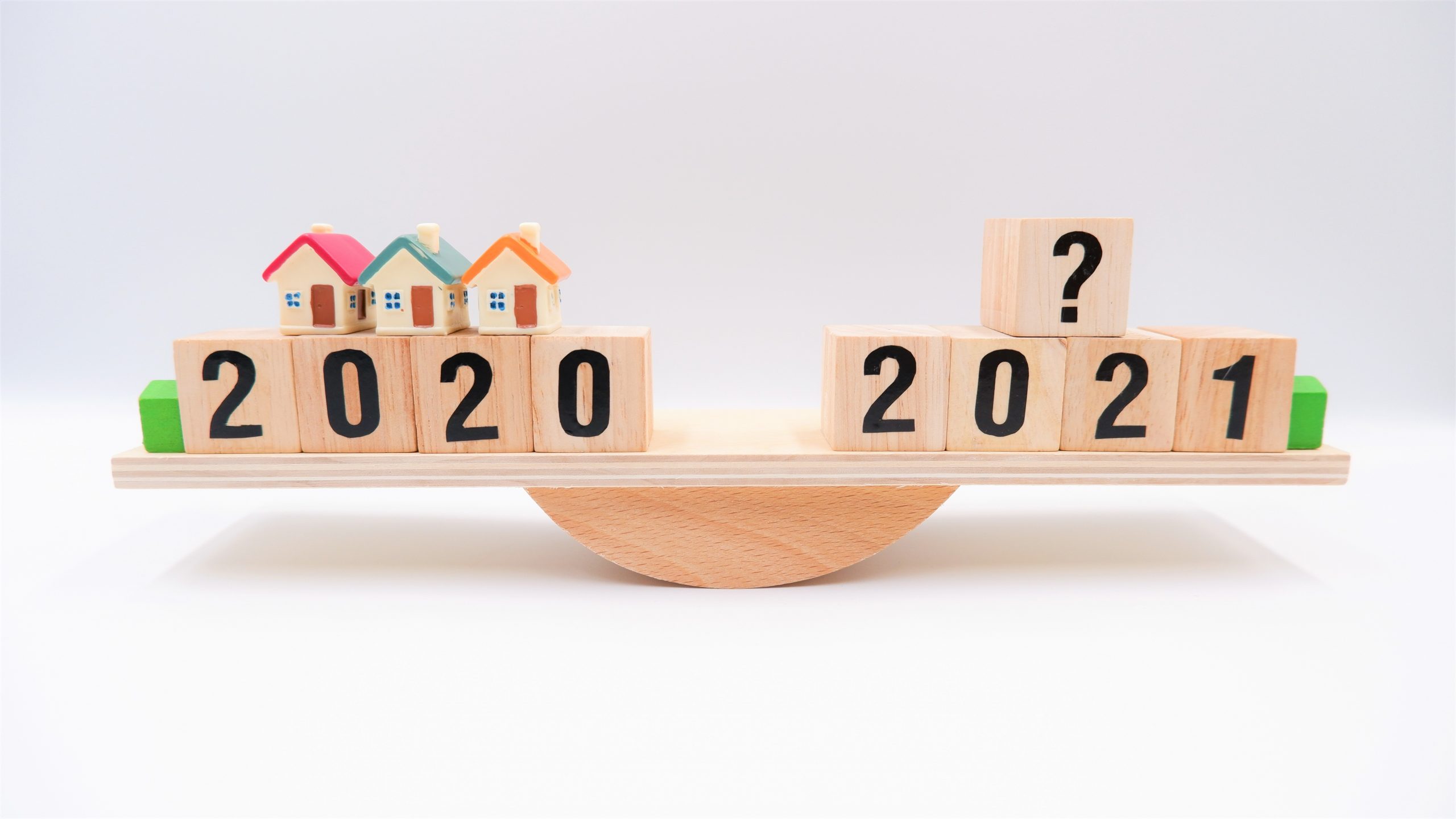
The UK property market, like everything else, has been affected by COVID-19. As we head into 2021, we have to question what’s in store for the Prime Central London (PCL) market as we face Brexit, COVID-19 and the new 2% stamp duty surcharge for non-UK buyers.
One question many property investors and developers will have is how Brexit will impact the PCL? Caspar Harvard-Walls, a partner at buying agency Black Brick, highlights that the most prominent effect of Brexit so far has been the strengthening of the sterling against the US Dollar; from $1.22 to £1 on April 4th 2020 to more than $1.35 to £1 today. This change in the exchange rate cannot be attributed solely to Brexit, but it is crucial for international property developers and investors.
For example, if an American investor purchased £1 million worth of sterling on April 4th last year, it would have cost them $1,227,430. However, at the end of January 6th 2021, this £1 million would be worth £1,360,000. This is an increase of over £132,000 in just nine months. With the new 2% stamp duty surcharge for non-UK buyers coming into effect in April 2021, this gain in money would more than cover these costs – as well as the 3% surcharge if it was a second home.
So, we understand the impact of Brexit on PCL, but what about the other colossal cloud looming over our heads right now – COVID-19? Caspar suggested that 2021 will be a year of two halves – the first six months will see minimal buying and selling activity. He predicts that many sellers will wait until summer when he expects to see the last 12 months’ property demands to influence the PCL’s pricing and volumes.
With travel bans and restrictions in place worldwide, the market is expected to stay quiet for the next six months. As a result, only the most desperate to sell will place their properties on the market. Whether or not someone will bite during these uncertain months can not be predicted. Instead, the first half of 2021 is expected to be centred around the domestic buyer – people looking for gardens for isolation, good parking and nearby attractions to visit when restrictions ease.
However, once the travel restrictions are lifted, the latter half of the year should see an increase in the number of international buyers looking to develop and invest. This means people looking to invest in property in PCL have a six-month window that has already started. The next six months present the opportunity to buy property without the typical competitive global market.
Assessing the impact of the 2% stamp duty surcharge for international buyers, we also have to question whether this additional cost will make Britain look less attractive to foreign investment. Caspar suggests that in the global context, the UK’s property tax regime is not extreme, and there are many other countries which are most expensive to purchase property in. While it is expected that some buyers will see the increase in stamp duty as enough to ward them off purchasing UK property, especially PCL property, for most it will not be enough to prevent them from investing. In fact, Caspar has even highlighted how many of his clients have responded to the COVID-19 pandemic by looking at their property investments as not just assets, but as an essential part of the health and happiness of their families.

